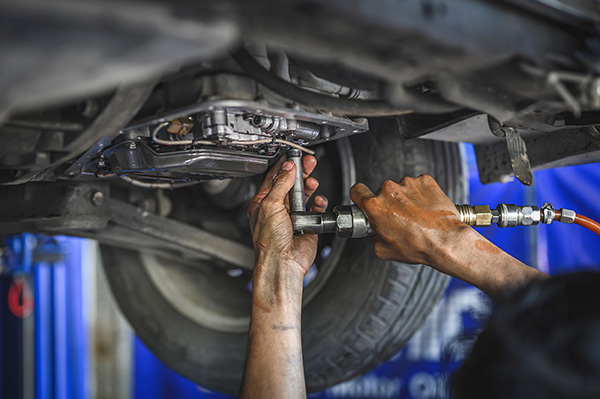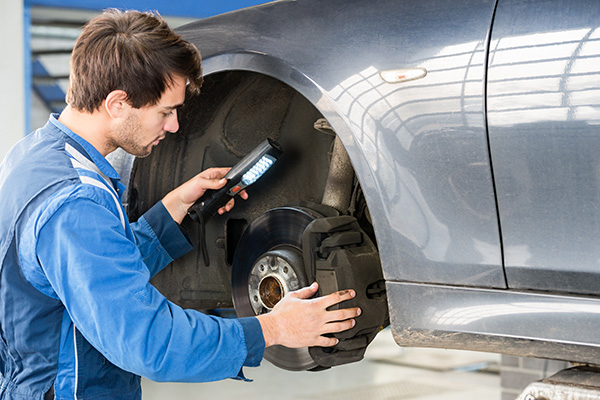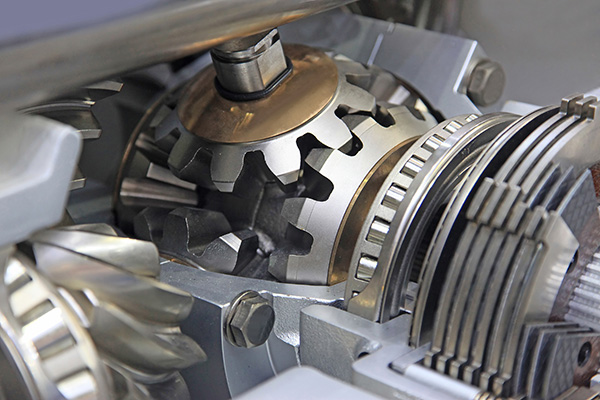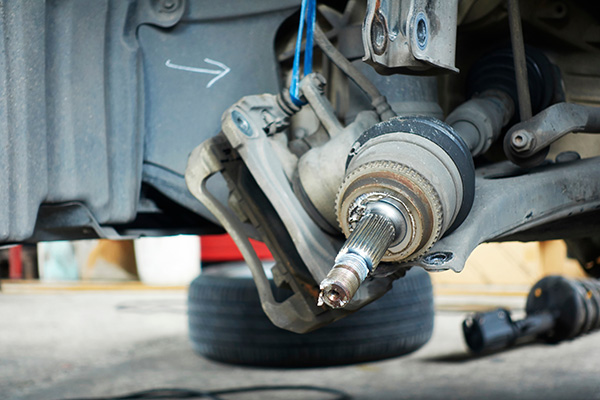Posted on 11/29/2024

Taking care of your car involves more than just regular tire checks or oil changes. One of the most crucial components that often gets overlooked is the transmission. The transmission fluid keeps your car running by lubricating the transmission's moving parts. But how often should you change this fluid? Let’s explore why it matters and how to know when it’s time to give your car’s transmission some much-needed attention. What Does Transmission Oil Do Before we jump into how often it should be changed, let’s take a quick look at what transmission oil actually does. This vital fluid helps cool, lubricate, and clean the transmission, which is responsible for shifting gears in your vehicle. Whether you're driving a manual or automatic car, the transmission is what ensures your engine's power is transferred to the wheels in the most efficient way. Without proper lubrication, the parts inside the transmission can wear out faster, causing ... read more
Posted on 10/31/2024
%20copy.jpg)
The head gasket may not be the first thing you think about when it comes to your car's engine, but it's important in maintaining its performance. Situated between the engine block and the cylinder head, the head gasket seals the combustion chamber and ensures that coolant and oil don’t mix. When the head gasket fails, it can lead to serious engine problems. But how can you tell if your head gasket is on its way out? Overheating Engine An overheating engine is one of the most obvious signs of a failing head gasket. If the gasket fails, it can cause coolant to leak into the combustion chamber or escape the engine. As a result, your engine won’t receive enough cooling, leading to increased temperatures. If you notice your temperature gauge creeping into the red or steam coming from under the hood, you may have a head gasket issue. While several factors can cause an overheating engine, consistently high temperatures should never be ignored. W ... read more
Posted on 9/27/2024

Do you hear a high-pitched squeak when you press on the brake pedal? It’s not just annoying. It can leave you wondering if something’s wrong with your brakes. Brake squeaking is a common problem that can stem from several causes, and while it’s not always a sign of impending brake failure, it’s definitely something you shouldn’t ignore. So, what can you do to get rid of that squeak once and for all? Squeaking Brakes Several factors can contribute to squeaky brakes, ranging from harmless to serious: Worn Brake Pads The most common reason for brake squeaking is worn-out brake pads. Many brake pads come with a small metal indicator that starts to make a squealing noise when the pads are getting thin. This is essentially an early warning system to let you know it’s time to replace them. Dust and Debris Dust, dirt, and grime can accumulate on your brake components, leading to squeaking. When the brake ... read more
Posted on 8/30/2024

Have you ever wondered what makes your 4x4 vehicle so capable off-road? The answer lies in a crucial component called the transfer case. While many car enthusiasts focus on engines, tires, and suspensions, the transfer case often flies under the radar, but this vital part enables your vehicle to tackle rough terrains, steep inclines, and slippery surfaces with ease. Let's explore the purpose of a transfer case in 4x4 vehicles and why it's essential for any off-road adventure. What Is the Transfer Case The transfer case is a gearbox that splits the power from the engine to both the front and rear axles of a four-wheel-drive (4WD) or all-wheel-drive (AWD) vehicle. Essentially, it's the heart of your 4x4 system. Without it, your vehicle would be just like any other car, confined to smooth roads and unable to handle the demands of off-road driving. The transfer case ... read more
Posted on 7/26/2024

The axle shafts in your vehicle transfer power from the transmission to the wheels, allowing your car to move. When these shafts wear out, they can cause a range of issues that not only affect your driving experience but also pose significant safety risks. We'll explore the four most common signs of worn axle shafts and provide you with the knowledge to identify and address these problems before they escalate. 1. Loud Clicking Noises When Turning One of the most apparent signs of worn axle shafts is a loud clicking noise when you turn your vehicle. This noise typically comes from the constant velocity (CV) joints, which are part of the axle shaft assembly. CV joints allow the axle to bend and flex as the wheels move. When these joints wear out, the grease inside them can leak, causing the joints to dry out and produce a clicking sound. If you hear this noise, esp ... read more